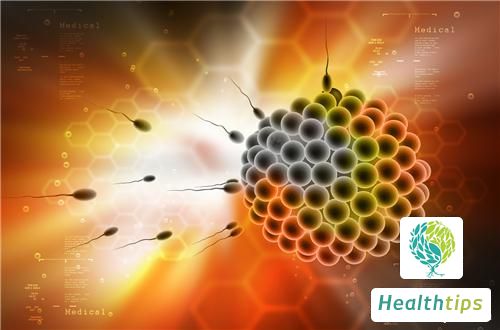How Long After Delivery Can I Use Cold Water?
Both cesarean section and vaginal delivery have certain impacts on a woman's body. It is crucial to take proper postoperative care measures. Generally, women are advised to avoid contact with cold water after childbirth as it can affect their recovery. Typically, after 42 days of postpartum, when the body has recovered well, cold water can be used, but extremely cold ice water should be avoided.

Generally, it is recommended to wait at least 42 days postpartum. Once the uterus has recovered well and the overall physical condition is good, contact with cold water is permissible, but extremely cold ice water should still be avoided. This is because after childbirth, the resistance and immunity of the body are low, the organs are not in their normal positions, and a lot of nutrition has been consumed during pregnancy, making the mother weaker. Although this is a normal phenomenon, exposure to cold during this period can easily allow cold air to invade the uterus with poor resistance, affecting the recovery of the uterus and overall health of the woman, leading to discomfort such as pain in the waist and legs. Therefore, it is important to keep warm and avoid cold water after childbirth. It is recommended to maintain a balanced diet during the puerperium, keep the body clean, and engage in postpartum rehabilitation exercises.
1. Can I wash my hair and take a shower? As long as you dry your hair and body immediately after washing and pay attention to warmth, appropriate cleaning is actually beneficial for both mother and child.
2. Can I be exposed to wind and go outdoors? It is advisable for new mothers to avoid going out in unfavorable weather conditions, especially during winter. If it's summer and you want to use air conditioning or a fan, keep the indoor temperature at 26-28 degrees, and make sure the airflow is not directed at the mother.
3. Should I avoid crying during confinement? This advice holds some truth. After childbirth, the mother's hormones drop rapidly, wounds may not have healed, and there may be challenges such as breastfeeding and caring for a newborn, which can lead to feelings of depression.
4. Can I add salt to my diet? Consuming moderate amounts of salt is fine and can even improve appetite. However, excessive intake can burden the kidneys and disrupt electrolyte balance.
5. Can I lose weight? After childbirth, the body is in a fragile state and needs time to recover. Additionally, frequent breastfeeding and caring for the newborn during the confinement period require a lot of energy. Therefore, attempting to lose weight or reshape the body in any form during this period is not advisable as it can severely harm the body. It's also important to avoid excessive consumption of high-fat, high-sugar, and high-calorie supplements, which can make weight loss more difficult later on.
6. Can I watch TV? Reading and watching TV are permissible during confinement, but it's recommended to limit the duration.
7. Can I use the internet? Younger mothers should minimize internet usage and the number of times they go online during confinement. If there are no urgent matters that require internet access, it's best to stay away from computers and electromagnetic radiation.
8. Can I clean my external genitalia? To prevent postpartum infections, it is recommended to regularly clean the private area during confinement. Keep the external genitalia clean and change clean pads, sanitary napkins, and underwear promptly to prevent infections.



















